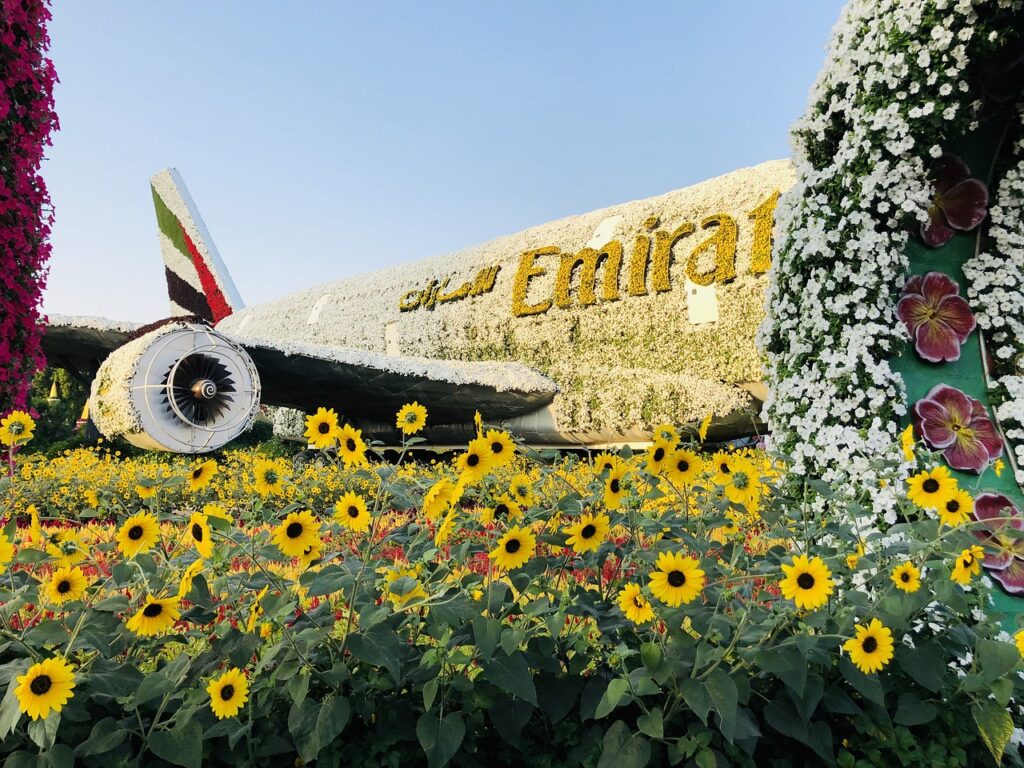The United Arab Emirates (UAE) is one of the most popular tourist destinations in the world, attracting millions of visitors every year. As the tourism industry continues to grow, the UAE is embracing blockchain technology to enhance the experience for tourists and locals alike.
Blockchain is a digital ledger technology that is decentralized, meaning it is not controlled by a central authority. This makes it ideal for secure and transparent transactions, which are crucial for the tourism industry. Here are some ways the UAE is using blockchain to revolutionize its tourism industry.
Digital Passports
One way the UAE is using blockchain technology is through the creation of digital passports. These passports are designed to be tamper-proof and provide a secure and convenient way for tourists to move through airports and immigration. This technology is already being tested in Abu Dhabi and is expected to be rolled out nationwide in the near future.
The digital passport system uses blockchain to provide secure verification of a traveler’s identity and their travel history. Since this information is stored on the blockchain, it makes it impossible to alter or tamper with.
The system also uses biometric data such as facial recognition to verify the traveler’s identity, making it faster and more secure than traditional passport checks
Tourism Supply Chain
The UAE is also using blockchain to improve the supply chain for the tourism industry. By creating a transparent and secure record of products and services, the UAE is able to ensure that tourists receive high-quality and authentic experiences. For example, blockchain technology is being used to track the origin and quality of local products, such as food and handicrafts.
Besides, tourists are increasingly interested in authentic and sustainable travel experiences. They want to know where their food comes from, how it was produced, and if it is sustainable. By using blockchain technology to track the supply chain, the UAE is able to provide tourists with the information they need to make informed decisions about the products and services they consume.
Smart Contracts
Smart contracts are another way the UAE is using blockchain to enhance the tourism industry. Smart contracts are self-executing contracts with the terms of the agreement between buyer and seller being directly written into lines of code. These contracts can be used to automate tasks and streamline processes, such as booking flights or reserving hotel rooms.
Moreover, smart contracts can be used to create more efficient and secure booking systems. They can also be used to automate payment processes, reducing the need for intermediaries and improving the speed and security of transactions, leading to lower costs for both tourists and local businesses.
Blockchain-Based Loyalty Programs
Loyalty programs are an essential part of the tourism industry. They encourage repetitive activity and help build customer loyalty. However, traditional loyalty programs can be costly and complex to manage, but blockchain-based loyalty programs offer a more efficient and cost-effective solution.
Blockchain-based loyalty programs use tokens to incentivize customers to make repeat purchases. These tokens can be redeemed for discounts or other rewards. The blockchain-based system ensures that rewards are transparent and secure, and that customers can easily track their rewards and redemption history.
Conclusion
The UAE is leading the way in the adoption of blockchain technology in the tourism industry. From digital passports to smart contracts and loyalty programs, people and entrepreneurs are using blockchain to enhance the experience for tourists and improve the supply chain for local businesses.
As the industry continues to grow, we can expect to see even more innovative uses of blockchain technology in the future. The United Arab Emirates is setting an example for other countries, and the tourism industry could be radically changed..
